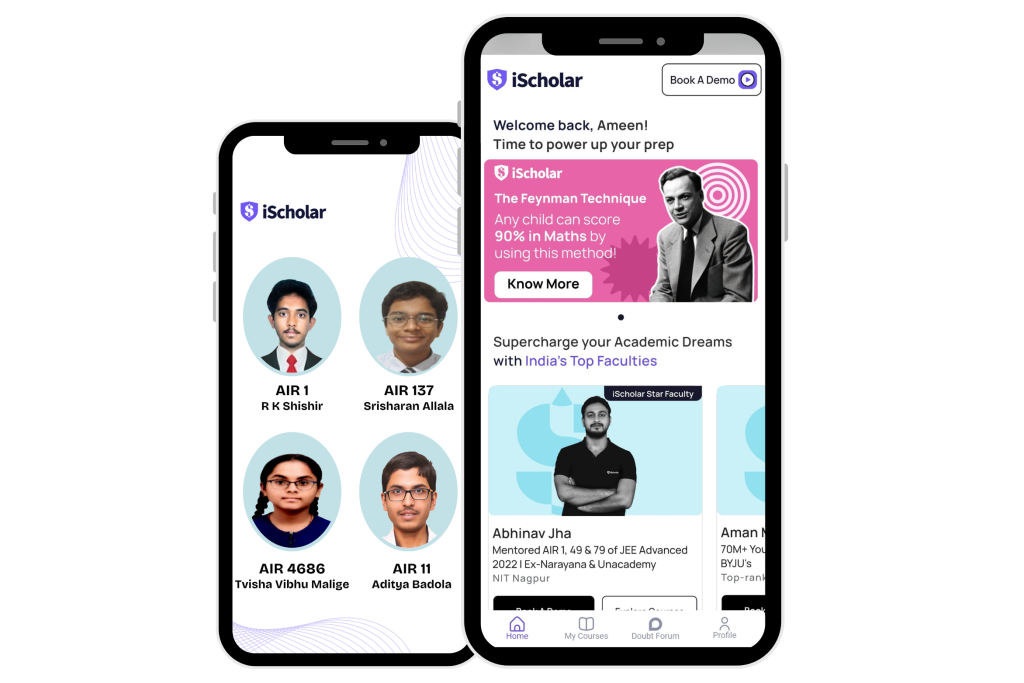Congratulations on completing the JEE Advanced 2023! As you eagerly await your results, it is the perfect time to start planning for your college and career paths . A well-curated guide is sure to take the stress off your shoulders and march your way forward post JEE Advanced.
1. Reflect on Your Interests and Goals:
Take some time to reflect on your interests, strengths, and aspirations. Consider the subjects you enjoyed the most during your preparation for JEE Advanced and envision how they align with potential career paths. Understanding your passions and goals will serve as a solid foundation for making informed choices.
2. Explore Various College Options:
Research and explore a wide range of college options based on your field of interest. Look for colleges that offer programs and specializations that align with your career goals. Consider factors such as faculty expertise, infrastructure, campus culture, internship opportunities, and industry collaborations. You can consider IITs if you’ve got a higher score, and NITs if you have a comparatively lower score. A complete guide with respect to the ranking, cutoffs, and colleges is available below.
3. Attend College Fairs and Open Houses:
Participate in college fairs, open houses, and virtual events to gain first-hand knowledge about colleges and their offerings. These events provide an opportunity to interact with college representatives, faculty, and current students. Ask questions, seek clarification, and gather information to make better-informed decisions.
4. Consult with Mentors and Alumni:
Reach out to mentors, teachers, and alumni who can provide guidance and insights into specific colleges or career paths. They can share their experiences, offer advice, and provide valuable information about the challenges and opportunities you may encounter. Their perspectives can help you gain clarity and make informed decisions.
5. Consider Dual Degree Programs:
Explore the possibility of pursuing dual degree programs post JEE Advanced that combine disciplines or fields of study. Such programs offer a broader skill set and can open up unique career opportunities. Evaluate the curriculum, duration, and advantages of these programs to determine if they align with your interests and long-term goals. In 2015, 12.5 percent of students between the ages of 20 and 29 declared a double major.
6. Evaluate Scholarships and Financial Aid:
Assess the availability of scholarships, grants, and financial aid options offered by different colleges. Research the eligibility criteria and application processes for these opportunities. Understanding your financial options will help you make decisions based on affordability and minimize potential financial burdens.
7. Plan for Career Development:
While focusing on college choices, also consider your long-term career development. Look into internships, research opportunities, and extracurricular activities that can enhance your skill set and make you more competitive in your desired field. Additionally, explore career counseling resources available in colleges to help you chart your professional path.
8. Keep Backup Options:
While awaiting your JEE Advanced results, it’s important to have backup options in case the results do not align with your expectations. Identify alternative entrance exams or consider applying to universities abroad. Research the requirements, application deadlines, and admission processes for these alternatives to ensure you have a backup plan in place.
Conclusion
As you anticipate the results of JEE Advanced 2023, embrace the excitement and begin planning for the next phase of your academic journey. Reflect on your interests, explore college options, seek guidance from mentors, and consider dual degree programs and financial aid opportunities. Remember to keep an open mind and be adaptable in your decision-making process. This chapter marks the beginning of an exciting adventure, and with careful planning and informed choices, you can shape a fulfilling college experience and embark on a successful career path.





